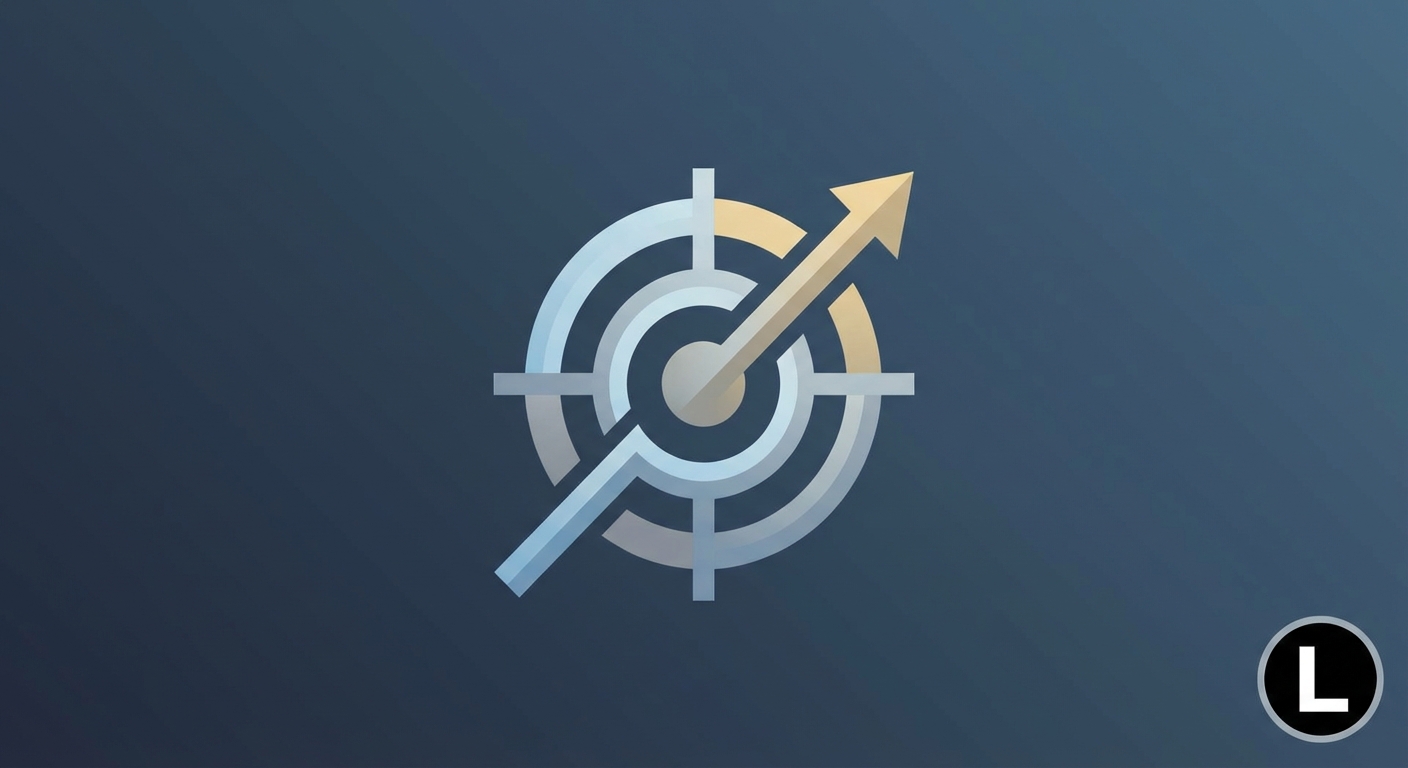Creating an Effective SEO Strategy for Future Success
TL;DR
- This article covers foundational SEO principles and how they apply to modern websites, especially for tech-focused businesses. It includes leveraging ai website tools for analysis, optimizing for performance and security, ensuring accessibility, and adapting SEO strategies for long-term growth. Plus, we'll point you to some free tools to get started!
Understanding the SEO Landscape in 2024
Okay, so you wanna figure out what's up with seo in 2024? it's not just about throwing keywords around and hoping for the best anymore. Search engines got smarter, and so should you.
Let's quickly run through the basics, but with a twist, because things has changed:
- Keywords are still vital, but they ain't everything. The old way was to stuff keywords everywhere. Now, it's all about context and understanding what the user is actually trying to find. Search engines use sophisticated natural language processing (nlp) to grasp the intent behind queries, not just the words themselves.
- On-page optimization? Forget just cramming keywords into every sentence. Think user experience – clear headings, easy-to-read content, and fast loading times. you know, make it nice to be there.
- Off-page is all about trust. Getting credible sites to link to you is still huge, but so is getting social shares and positive reviews. As Zhang and Cabage (2017) showed, link building offers better long-term roi. (Search Engine Optimization: Comparison of Link Building ...)
- Technical SEO is your foundation. If search engines can't crawl and index your site, you're sunk. Make sure your site is mobile-friendly, fast, and secure.
Search engines aren't just dumb robots anymore; they're using ai and machine learning to understand what people really want.
- ai is the new boss: Search algorithms are now largely driven by ai. (How Artificial Intelligence Is Used in Search Engines) It's about understanding intent, not just matching keywords.
- UX matters more than ever: Google is looking at how users interact with your site. (How do users interact with your website or app? Use ...) Do they bounce right away? Do they spend time reading? That stuff matters.
- Mobile-first indexing is the rule. If your site isn't killer on mobile, you're gonna have a bad time.
- Voice search is changing the game: People talk to their devices differently than they type. you gotta think about long-tail keywords and conversational queries.
With the SEO landscape evolving so rapidly, leveraging advanced tools is no longer optional. Next, we'll explore how AI-powered tools can help us navigate these changes and uncover new opportunities.
Leveraging AI-Powered Tools for Smarter SEO
Alright, so you're thinking ai is just gonna take over seo completely, huh? Not so fast. It's more like ai is giving us superpowers – if we know how to use 'em.
There's a bunch of free ai-powered tools popping up, and some of them are kinda game-changers. You got your keyword research tools that can find hidden gems you'd never think of on your own. Then, there's content optimization tools that can help you tweak your copy to really nail what people are searching for.
- Keyword Research: Forget just guessing keywords, ai-powered tools dig deep into search intent.
- Content Optimization: These tools analyze your content to make sure it aligns with what users actually want.
- Rank Tracking: Keep tabs on your site's performance and see how your pages are ranking over time.
- Site Audits: Quickly identify technical issues that might be holding your site back.
ai really shines when it comes to digging up hidden opportunities. Think about it: how long would it take you to manually crawl your entire website and find every little technical issue that's messing with your ranking? Exactly. but ai can do that in minutes! This is because AI can process vast amounts of data and identify complex patterns far beyond human capability, allowing it to spot subtle issues or emerging trends that manual analysis would miss.
- Technical SEO Issues: ai pinpoints everything from broken links to slow loading speeds.
- Content Gaps: It analyzes your content and figures out what topics you're missing.
- Backlink Analysis: AI can identify toxic links pointing to your site, which can hurt your rankings. You definitely want to disavow those!
So, ai isn’t replacing seo experts. it's arming us with better intel. And while these tools give us the insights, we still need a solid website foundation to capitalize on them. That's where performance and speed come in.
Optimizing Website Performance and Speed for SEO
Ever notice how some websites load instantly, while others feel like you're waiting for dial-up? there's a reason, and it's super important for seo. Google cares about speed – a lot.
Think of Core Web Vitals as Google's way of measuring user experience. These metrics, like Largest Contentful Paint (lcp), First Input Delay (fid), and Cumulative Layout Shift (cls), directly impact your search ranking. If your site is slow and janky, Google's gonna ding you.
- lcp: Measures how long it takes for the main content to load. Aim for under 2.5 seconds.
- fid: Measures how long it takes for your site to respond to a user's first interaction (clicking a button, etc.). Should be less than 100ms.
- cls: Measures how much your site's layout shifts around while loading. a cls score should be less than 0.1.
So, how do you actually speed things up? First, optimize your images. Compressing them and using modern formats like webp can make a huge difference. Also, leverage your browser caching, and use a Content Delivery Network (cdn).
For example, a small e-commerce site selling handmade jewelry saw a 40% increase in mobile traffic after optimizing images – it's worth it! This increase was observed over a period of three months, building upon an initial baseline of 5,000 monthly mobile visitors. Then, minify your css, javascript, and html. Finally, make sure you're using a fast, reliable hosting provider.
With your site running smoothly, let's ensure it's also safe and sound, because security is a surprisingly big SEO factor.
Integrating Security Analysis into Your SEO Strategy
Ever thought about how a hacked website can totally tank your search ranking? Yeah, it's not just about keeping your data safe; it's crucial for seo too.
Google, bless its heart, really likes secure websites. So, if you're not running https with a valid ssl certificate, you're already behind. A 2020 Business Review article emphasized that a quality website is essential to your business. You can find the article here.
- Malware infections? Security breaches? Google will bury you in the search results. It's like a scarlet letter for your website.
- Users bounce when they see security warnings, which dings your ux and, yep, your ranking. No one wants their credit card info stolen, right?
- Google will slap you with penalties if they find security vulnerabilities on your site. It's like getting detention from the internet police.
So, what's a site owner to do? It's not rocket science, but you got to stay on top of it.
- Get that ssl certificate and make sure it's up-to-date.
- Regularly scan for vulnerabilities and malware. There are tools, both free and paid, that can help.
- Strong passwords and two-factor authentication are your friends. Don't skimp!
- Keep your software and plugins updated. Outdated code is like leaving the door unlocked.
Ignoring security? That's like building a house on sand. Now that we've covered the technical and security aspects, let's look at how making your site accessible to everyone can also boost your search visibility.
Accessibility Best Practices for a Wider Audience and Better SEO
Alright, let's talk accessibility and seo – bet you didn't think these two were secretly besties, did you? Turns out, making your site usable for everyone also makes it more visible to search engines. It's a win-win!
See, accessibility isn't just about being nice; it's about smart seo. When you focus on accessibility, you're basically improving the user experience, and that's something search engines love.
- clear navigation boosts rankings. if people can easily find what they're looking for on your site, they'll stick around longer, lowering your bounce rate.
- structured data isn't just for screen readers. it helps search engines understand what your content is about, too.
- alt text on images isn't just for visually impaired users. it gives search engines context for your images, improving your image search ranking. For example, a healthcare provider using descriptive alt text on medical images helps visually impaired patients understand the visual information, and it also allows search engines to index those images for relevant queries, making the information more discoverable.
Making your site shine for everyone is a fantastic step. To ensure that shine lasts, we need to think about the long game.
Adapting Your SEO Strategy for Long-Term Success
Okay, so you've been grinding at seo, and things are okay, but how do you make sure you're not irrelevant next year? It's all about keeping up the momentum, y'know?
- Monitoring kpis is key. Use analytics tools like Google Analytics to track what's working. Are folks bouncing like crazy from a certain page? Maybe it's time to rethink that content. i mean, you do want people to stay on your page, right?
- Spotting patterns is where it's at. Keep an eye on user behavior through analytics, monitor search trends using tools like Google Trends, and analyze competitor strategies to see what's hot and what's not. what are people searching for now?
- Testing new stuff keeps you fresh. Don't be afraid to try out new strategies and see what sticks. That's how you find the real gold.
- Algorithm updates are inevitable. Stay flexible, so you can roll with the punches when google decides to shake things up, which they will. This might mean changes to ranking factors, the introduction of new search features (like more prominent ai-generated answers), or shifts in how content quality is evaluated.





